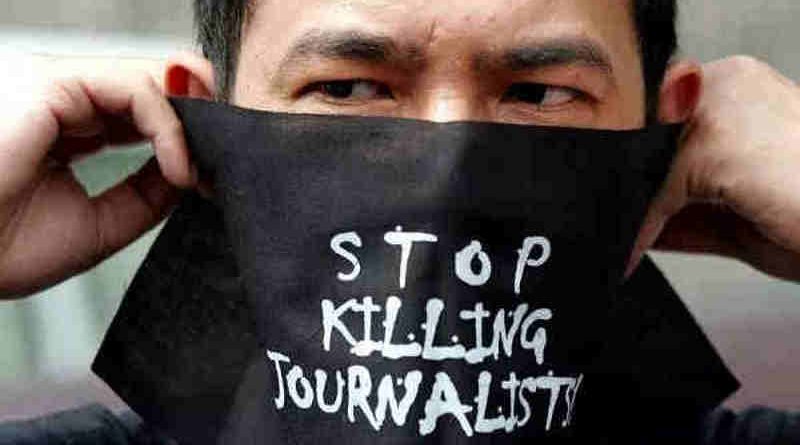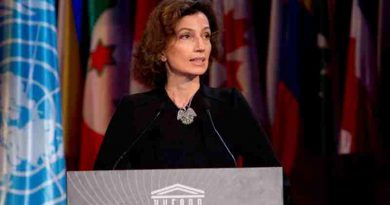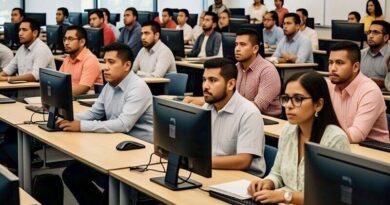Attacks on Journalists: Journalism Under Digital Siege

This year’s World Press Freedom Day theme “Journalism under digital siege,” spotlights the multiple ways in which journalism is endangered by surveillance and digitally mediated attacks on journalists, and the consequences of all this on public trust in digital communications.
The latest UNESCO World Trends Report Insights discussion paper “Threats that Silence: Trends in the Safety of Journalists,” highlights how surveillance and hacking are compromising journalism.
Surveillance can expose information gathered by journalists including from whistle-blowers, and violates the principle of source protection, which is universally considered a prerequisite for freedom of the media and is enshrined in UN Resolutions.
Surveillance may also harm the safety of journalists by disclosing sensitive private information, which could be used for arbitrary judicial harassment or attack.
There is a growing global push encouraging more transparency regarding how Internet companies exploit citizens’ data; how that data informs predictive models and artificial intelligence, and enables amplification of disinformation and hatred.
This was underlined in the Windhoek+30 Declaration call for technology companies to “work to ensure transparency in relation to their human and automated systems.”
Organized annually since 1993, the Global Conference provides an opportunity to journalists, civil society representatives, national authorities, academics and the broader public to discuss emerging challenges to press freedom and journalists’ safety, and to work together on identifying solutions.
On 2-5 May 2022, UNESCO and the Republic of Uruguay are hosting the annual World Press Freedom Day Global Conference in a hybrid format in Punta Del Este, Uruguay.
Under the theme “Journalism under Digital Siege,” the digital era’s impact on freedom of expression, the safety of journalists, access to information and privacy are to be discussed.
The conference will reunite relevant policymakers, journalists, media representatives, activists, policy makers in Internet companies, cybersecurity managers, AI researchers and legal experts from around the world to explore the digital era’s impact on freedom of expression and the safety of journalists, media viability and public trust.
💛 Support Independent Journalism
If you find RMN News useful, please consider supporting us.




